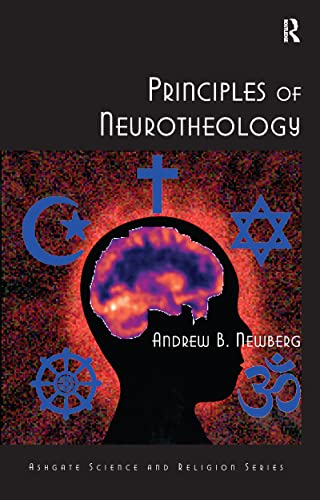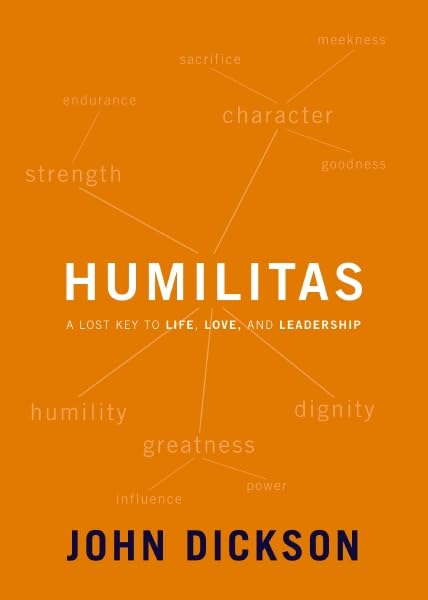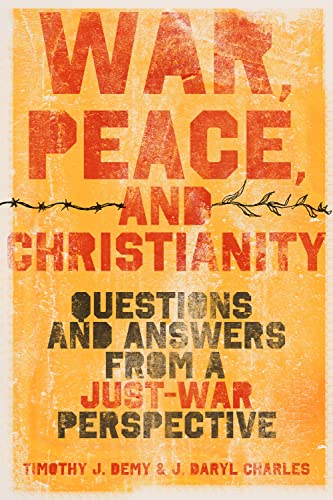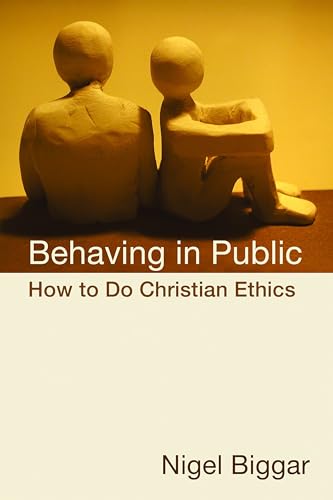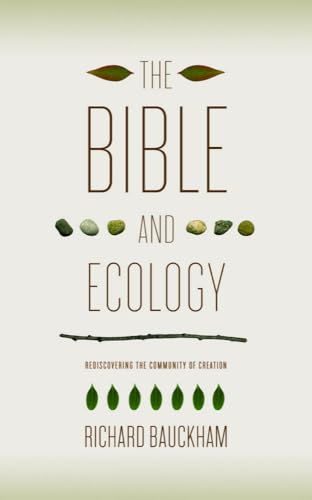This book asserts that most scholars have not understood Rudolf Bultmann (1884-1976), generally regarded as the most influential NT scholar of last century. In fact, he should be viewed as highly significant at the present time. His work “unlocked” (see title) actually presents us with the truth that also confronts us in Derrida and Wittgenstein and also in Luther, as the book's closing lines affirm: “living, or rather dying and becoming damned, make a theologian, not understanding, reading or speculating” (p. 119).
The book divides into four parts. Part I presents a “short biography and reception of Bultmann” (pp. 1-10).The “biography” consists of less than two pages (pp. 4-5). Page 5 gives the impression that “after 1945″ at Marburg,”Bultmann met Rudolf Otto, Karl Barth, Friedrich Gogarten . . . and Heidegger.” Actually, Bultmann's connections with these colleagues goes back to at least the 1920s. Otto and Bultmann first came into contact at Breslau beginning about 1916, and it was not a congenial relationship. But one learns no nuances and few significant facts in this breezy, shallow, and generally distorted biographical snippet.
The rest of Part I casts Bultmann as poorly understood and mistakenly neglected today. Helmut Thielicke, T. F. Torrance, Helmut Gollwitzer, Donald Bloesch, Paul Molnar, David Hart, and Vincent Taylor are examples of scholars who out of fear or for other reasons reject or misrepresent Bultmann. In other words, the international consensus on Bultmann's work that emerged from the 1920s to the 1960s and beyond has been fundamentally mistaken. Labron writes to set the record straight.
Part II, “Bultmann and the Lock,” argues that John 1:14a and justification by faith are the essence of Bultmann's program. Rather than read Bultmann as his contemporaries did (Labron terms them “outdated critics”), Labron sees Bultmann as affirming primarily the incarnation, the Word made flesh. “Faith sees that the finite is capable of the infinite and that history can receive eternity—in Christ who is not merely a historical figure, but is resurrected” (p. 31). It is hard to disagree with such statements. The question is why it is apparently only Labron who has ever realized that this was actually the essence of Bultmann's program. One key to answering this question might be found in the book's method, which (as in pp. 22-31) is to take quotes from Bultmann's various works out of their context and to construe them in ways generally foreign to the way Bultmann scholars have understood them. For example, how viable is it to view John 1:14a as the hermeneutical key to Bultmann? In the recent scholarly Bultmann biography by Konrad Hammann (Rudolf Bultmann. Eine Biographie [2009]), reference to this verse shows up in three places (pp. 303, 407, 453). It seems curious that Labron's insight totally escaped the notice of Hammann with his comprehensive command of the Bultmann corpus. Hammann's work is absent from Labron's bibliography.
Part III, “Bultmann's Keys Renewed,” defends Bultmann's demythologizing hermeneutic, which Bultmann (like Labron, following Norman Perrin; cf. pp. 39-40) sees as “the parallel to the Pauline-Lutheran doctrine of justification by faith alone” (p. 40). It begins to emerge, now, wherein the difference lies between Labron and Bultmann's “outdated critics”: while their criticisms varied, they often agreed that Bultmann's neo-Kantian antipathy toward cognitive “knowledge” as having any positive role to play in justifying “faith” was in the end antithetical to the NT writers' convictions and message. Labron sides with Bultmann at this key point. He also agrees with Bultmann that Heidegger's understanding of “existence” is already found in the NT—in other words, what Heidegger's (early) philosophy asserts, and what Bultmann confirms, “is found specifically in John 1:14a and justification by faith” (p. 45).
Part III concludes with the curious argument that Bultmann's thought is not Cartesian (as Thielicke convincingly argues). Rather, we should turn the tables and view Thielicke as a Cartesian modernist and Bultmann as anti-Cartesian and postmodern, which means that he compares favorably with Derrida in some ways (pp. 65-75) and with Wittgenstein in others (cf. pp. 75-105, in some regards the meat of the book).
Part IV, “Bultmann Unlocked,” first extends the Bultmann-Wittgenstein comparison (pp. 107-113). It then proceeds to conclude on the note that God wants us to accept a kerygma that offers no answers but only a question mark (p. 119).
Readers who like this understanding of the NT message (which is about as fresh and novel as the dialectical theology of the 1920s that it encapsulates) and who resonate with Labron's ahistorical and post-structuralist construal of Bultmann's words in ways that run totally against Bultmann scholarship may like this book. One impediment might be the price, which (without tax or shipping) comes to around $0.90 per page. At that rate, the Carson-Moo NTintroduction would cost $500; James Dunn's The Theology of the Apostle Paul would set the buyer back over $650. Perhaps this is the wave of the future, but perhaps Bultmann Unlocked is seriously overpriced.
A final comment is that factually, when it comes to Bultmann, this book cannot be trusted. (On post-structuralist hermeneutics and Wittgenstein, the author is more nearly in his element.) It claims that Bultmann did not deny Jesus' resurrection(p. 7); this is false. In a famous interview with the German newsweekly Der Spiegel in 1966 (and not only there), Bultmann could not have been clearer that Jesus' corpse did not depart the tomb. In his zeal to arrive at a novel reading of Paul, Labron ignores many fine works of scholarship that reveal knowledge of Bultmann's life, times, language, and views in their historical setting and therefore truly grasp what Bultmann argued. These works do not even appear in the bibliography (two examples: R. A. Johnson, The Origins of Demythologizing; R. C. Roberts, Rudolf Bultmann's Theology: A Critical Interpretation). Even the index is quirky, with no references there to Barth, Käsemann, Thielicke, Jaspers, and many other figures alluded to in the book. There is no indication in either the bibliography or the book itself that the author uses any German language sources, an ultimately fatal limitation in a book assaying to overturn (or circumvent) a consensus so profoundly ensconced in that linguistic milieu.
Robert W. Yarbrough
Bob Yarbrough is professor of New Testament at Covenant Theological Seminary in St. Louis, Missouri, an editorial board member of Themelios, co-editor of the Baker Exegetical Commentary on the New Testament as well as the Exegetical Guide to the Greek New Testament (Broadman & Holman), and past president of the Evangelical Theological Society.
Other Articles in this Issue
Evaluating a new English translation of the Bible can be extremely difficult...
In the November 2009 edition of Themelios, Dane C...
Jonathan Edwards (1703-1758) is remembered today as a saint, scholar, preacher, pastor, metaphysician, revival leader, theologian, Calvinist—the list goes on...
Almost two decades ago I wrote an essay titled " When Is Spirituality Spiritual? Reflections on Some Problems of Definition ...
He was the youngest son of elderly parents. His childhood was secluded and unhappy, which might in some measure account for his lifelong melancholy...



